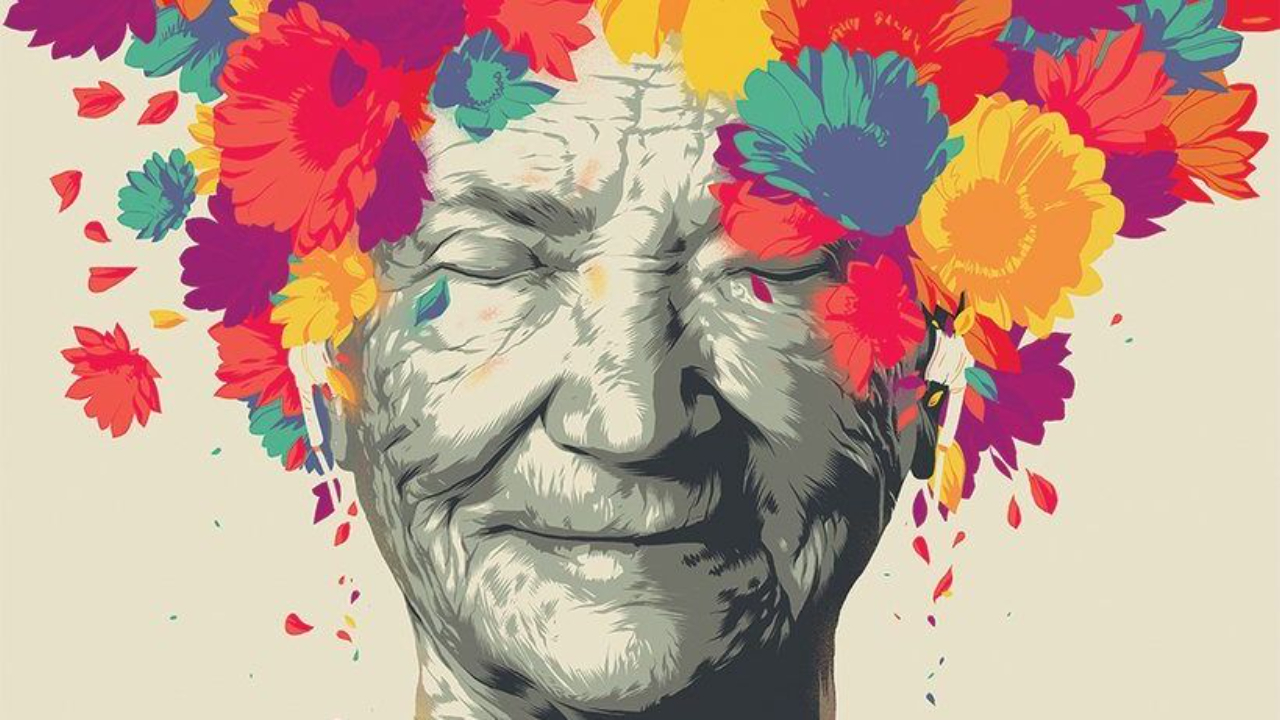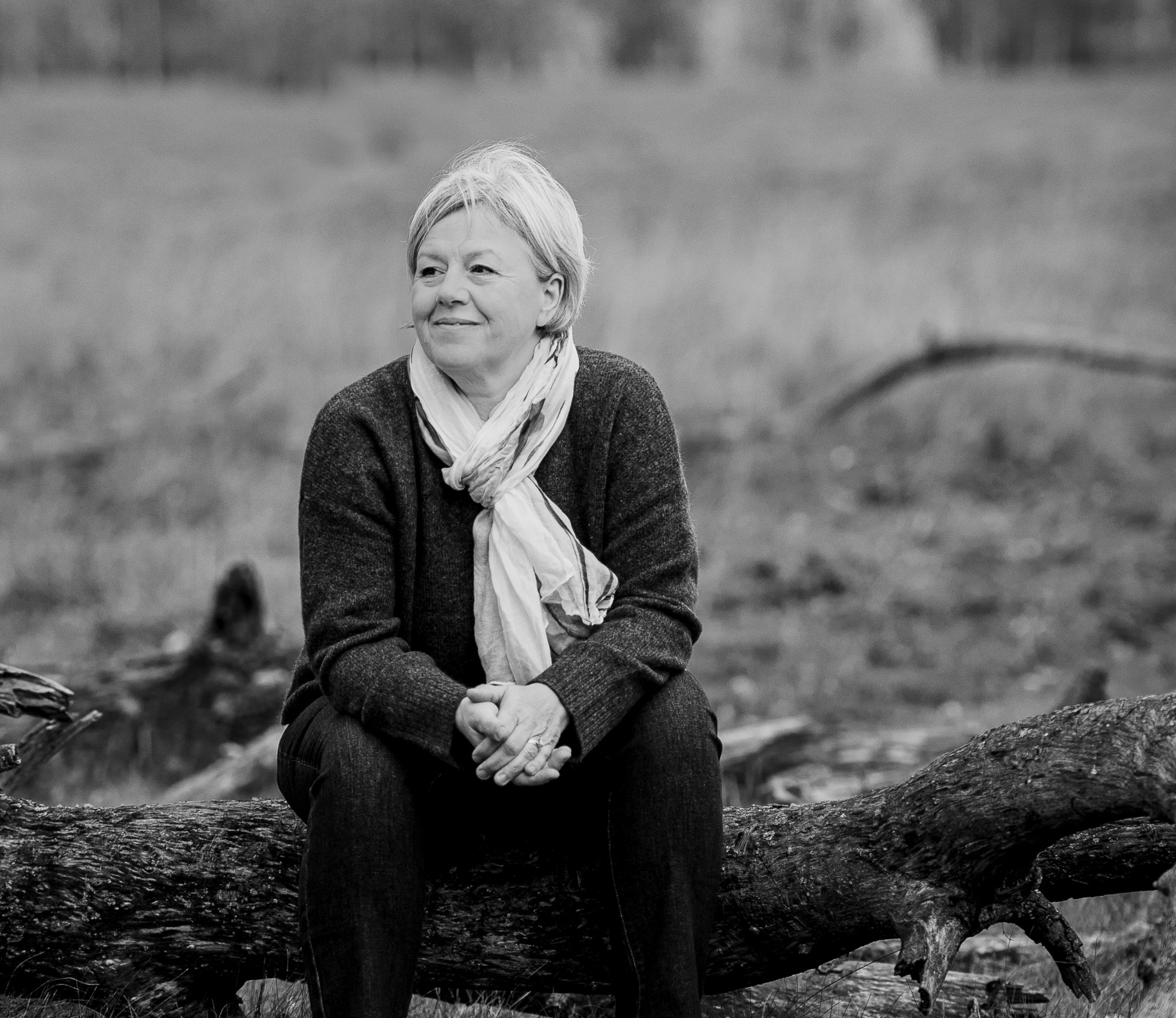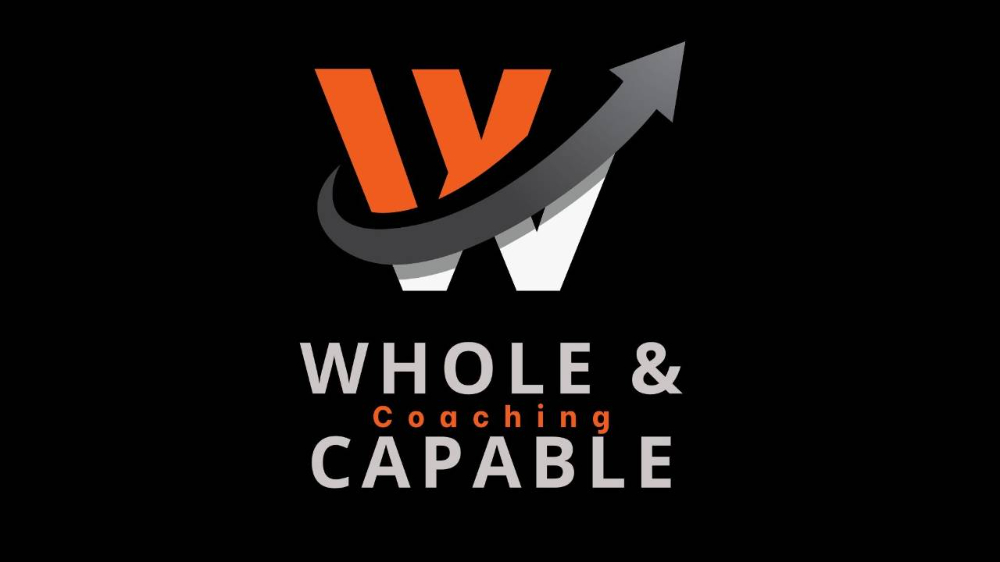When Memory Visits
Jun 13, 2025
Recently, while working our on my treadmill I had a powerful memory come up for me that caused a visceral reaction. It actually made me heave a few times and was enough to stop me in my tracks enough to pursue where it was coming from. The memory, at first glimpse, was of a childhood night watching hockey and enjoying a kitkat bar. There was something else there as well because the visceral feeling was more like shame and disgust. What came up for me was a deep feeling that I couldn't understand but I was sure of it's truth. Later after processing that gut instinct more pieces started to become clearer and I realized that I was not just watching hockey on a Saturday night. I can say this with great certainty and understanding that what was actually taking place was that I was sitting on the lap of my dad's good friend. Every Saturday night he would show up with a kitkat bar and I would climb into his lap and accept the bar. What I am able to piece together clearly now is that the cost of that weekly chocolate bar would effect me for the rest of my life in so many ways.
The memory was kind of like a POV movie from the eyes of a little girl. I could smell chocolate, I could hear the hockey game and at one point I can see my mom coming into the room and giving me a look of pure discomfort. I remember feeling shame and being sent to my room, however, when I try to go to my room I realize that the man is holding my hips with his hands. Holding hard so that I cannot move from his lap. I realize that I am in the middle of his lap and that feels yucky.
The thought stops me from processing further and a wave of nausea hits me so hard that I cling to my 4 corner breathing technique for dear life. Just me alone in my safe little office, processing something that happened 50 years ago and that decided to intrude on my healing journey this morning. I wonder how many other memories will come up for me. I wonder where I will go from here. I fear that more memories of this nature will show up and I won't be able to do the work. And as I start to breath regularly again I realize that I have been in this place of uncertainty before and I am still alive to tell the story. Like it is a checklist of household chores I tell myself that if more come I will just take them slow and steady just like the last 7 years of healing. I think to myself this is the life of a complex trauma survivor playing out in real time. This is how I am going to make sense of it all. When I committed to a life of authenticity real challenges were sure to present seemingly out of nowhere. What I know to be true so far in healing my complex trauma is that everything is connected to something...nothing comes from nowhere. In complex trauma nowhere doesn't exist. Even though it feels like a vast wasteland of desolate pain, all things are rooted somewhere. I like to think that even though I can feel like life is over I am not broken. I am rebuilding piece by piece as my brain will allow.
If you've ever struggled with your memory—pieces missing, events feeling distorted, or sudden flashbacks appearing out of nowhere—you’re not alone. Complex trauma doesn’t just leave emotional scars; it reshapes how the brain stores and recalls experiences. But healing is possible, and your memory can find its way back to you. This week, we explore how complex trauma affects memory, why our brain respond the way it does, and most importantly—how recovery is within reach.
Memory is supposed to be our personal archive, a collection of experiences woven together to help us understand our lives. But for complex trauma survivors, memory often feels more like a scattered puzzle—fragments without a clear picture. This can happen because of:
- Fragmentation: Instead of storing memories coherently, trauma survivors may recall pieces of an event without context.
- Intrusive vs. Suppressed Memories: Some memories return unexpectedly, while others seem completely lost.
- Survival Mode: The brain prioritizes protecting itself over clear memory retention, altering how we process and recall events.
If you've ever felt frustrated trying to piece together your past, remember this: our brain did what it had to do to keep us safe. Memory disruptions aren’t a failure—they are a survival response. Healing doesn’t mean forcing yourself to remember everything at once. It means allowing your brain to heal naturally—and that’s where neuroplasticity comes in. Neuroplasticity is the brain’s ability to adapt, repair, and rebuild itself. Even after trauma, the brain can form new connections, strengthening memory pathways over time. It works by:
- Reconnecting Neural Pathways: The brain rewires itself based on new experiences and healing.
- Adaptive Plasticity: Even if part of the brain struggles with memory, other areas can compensate.
- Processing Triggers: Resurfacing memories aren’t setbacks—they’re part of the healing process.
Your brain is not stuck. It is constantly working behind the scenes to support you, even in ways you may not see right now. Memory recovery looks different for everyone, but here are some proven approaches that can help:
- EMDR Therapy: A structured therapy that helps process traumatic memories in a safe way.
- Mindfulness & Grounding Techniques: Bringing awareness to the present moment can lessen the intensity of trauma-related memories.
- Journaling & Storytelling: Writing down experiences, even in fragmented form, can help reassemble lost memories over time.
- Building a Support System: Healing thrives in safe environments—whether through professional therapy, community support, or personal relationships.
Healing doesn’t mean erasing the past. It means reclaiming your story with clarity, compassion, and self-empowerment. Memory recovery is a journey, not a single event. Some days, pieces may come together effortlessly. Other days, it may feel like nothing has changed. That’s okay. Growth happens in layers, and every step forward—no matter how small—is proof of your resilience. So for now I am not going to brace myself for more horrible memories. I am going to take each memory and connect it to other pieces of this big puzzle that I am working on. That puzzle has been 7 years in the making and I am looking forward to the day when I can welcome in a memory without having to find a safe space to process. One day I hope to have free flowing memories that just fall into place by themselves. When I am drenched in safety and fear and shame no longer stop my day I will know that I am close to having healed my complex trauma. Until then I wait for the next memory that will unlock the meaning of my life.
Enjoy that read? Wondering how coaching could help you get the life you want? Tap Here!
Anastasia Jorquera-Boschman is a retired teacher, principal and educational consultant who now spends her new life holding space for her clients as a Trauma-Informed Resilience Coach. She is a writer, speaker and the host of The Grit Files Podcast. Listen Here



